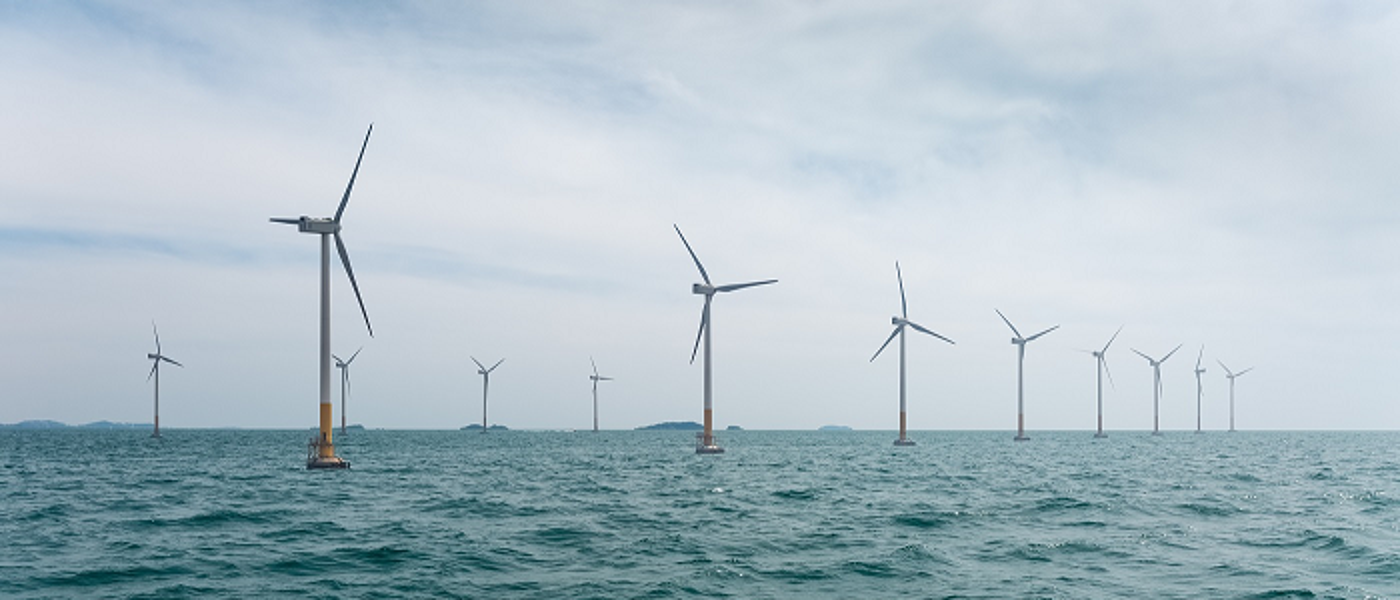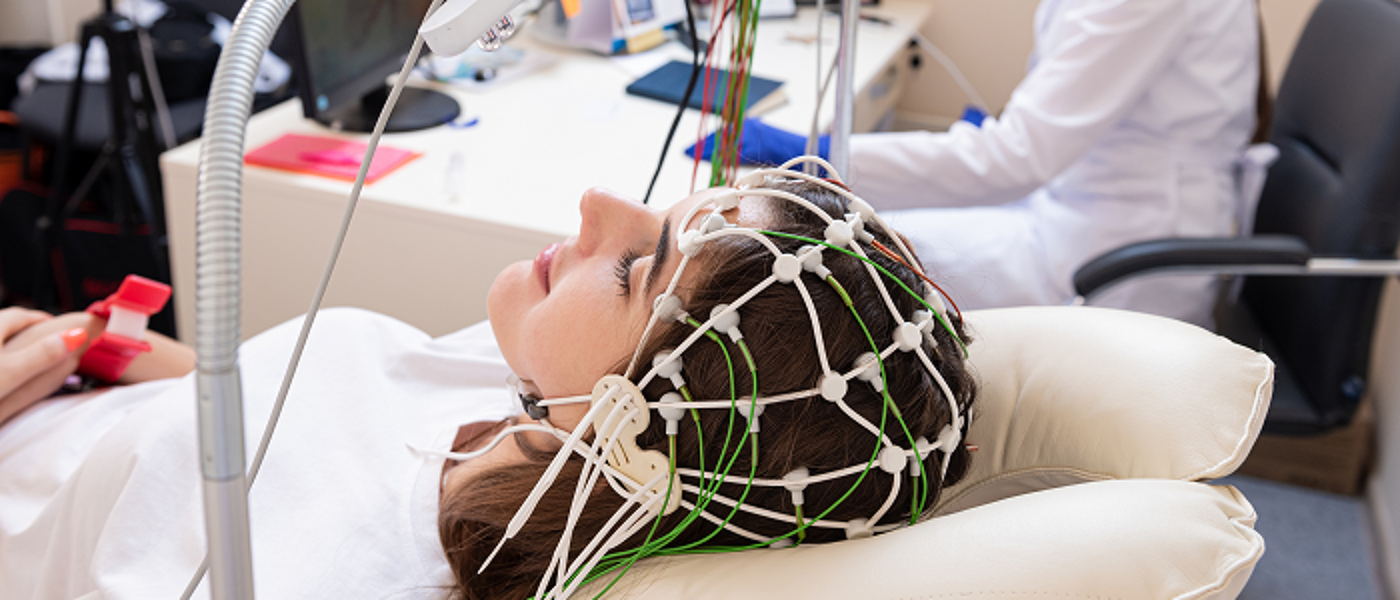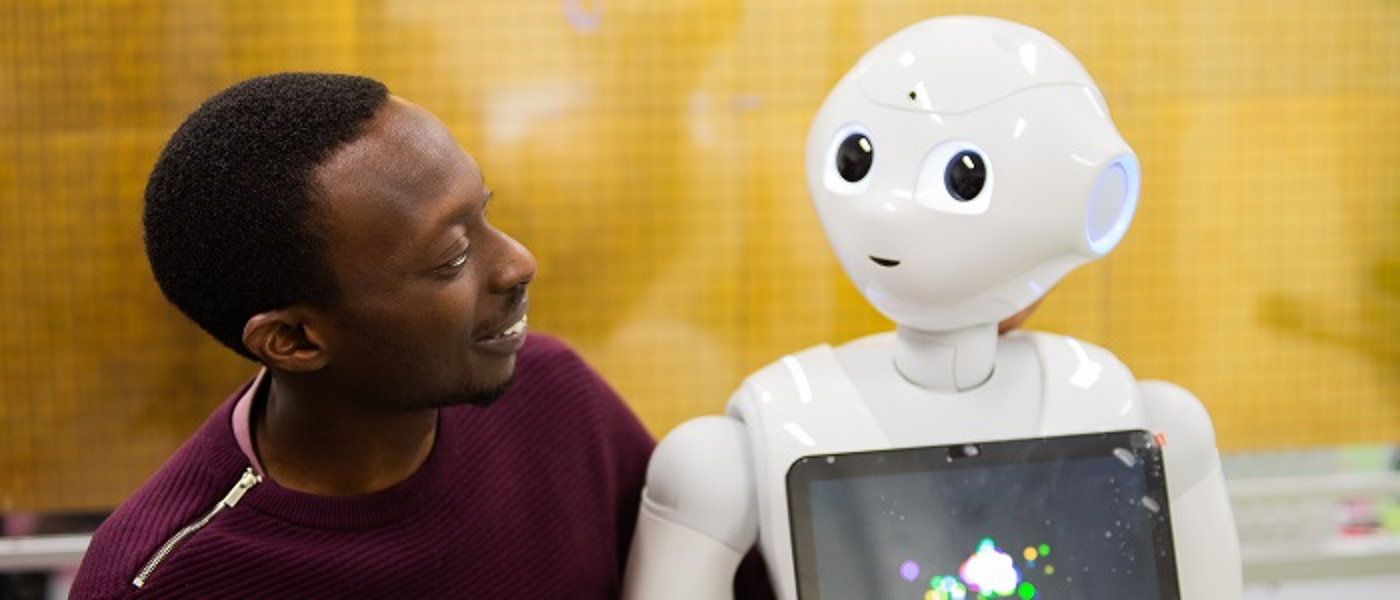World Class Research
World class research within the College of Science & Engineering addresses critical scientific questions, industrial and global challenges. Our researchers collaborate across disciplines, institutions and with industry, policymakers, charities and practitioners to provide new insights and solutions across sectors.
Research ranges from the fundamental and theoretical to challenge driven and applied. It is underpinned by state-of-the-art facilities and produces leading edge processes, scientific tools and equipment to support emerging research themes.
Ensuring that our research creates lasting impact is at the core of our Research Strategy, and our researchers have contributed to some of the most exciting scientific discoveries and developments over the years, from quantum systems on a chip to gravitational waves.

Communications
Our research focuses on providing robust and secure high-speed communications and has a range of applications including mobile healthcare, security, energy, and agriculture both locally and in developing countries, addressing the United Nations Sustainable Development Goals.

A Sustainable Net Zero Future
Our research is critical to the discovery, development, and deployment of solutions to tackle climate change, enhance sustainability and ensure economic prosperity. We are investigating interactions across ecosystems to deliver solutions to decarbonise our economy and society and enable a sustainable net zero future.

Healthcare Technologies
We undertake research into healthcare technologies in every School in the College. Much of the work is interdisciplinary, collaborating with colleagues in academia, industry, the NHS and beyond. Our research contributes to the UN Sustainable Development Goals, including Goal 3 – Good Health and Wellbeing.

Quantum and Nano Technologies
With over 30 years' experience in micro- and nanofabrication, we lead ‘The Nano and Quantum World’, one of the University’s Research Beacons. At the world-leading James Watt Nano Fabrication centre (JWNC) our researchers are developing essential fabrication techniques and modelling tools to enable real-life devices.

Autonomous Systems
Across the college of Science and Engineering, our researchers are tackling challenges including reliability, safety compliance, resilience, power and privacy to develop robotics and autonomous systems to operate in a variety of complex environments.

Data Science and AI
Our expertise spans digital chemistry to social robotics and human-computer interaction, as well as significant world-leading research into energy control, forecasting and behaviour and environmental data analytics. Our researchers investigate AI for mobile and next generation communications, including privacy protection and facial recognition tools to safeguard our data.

